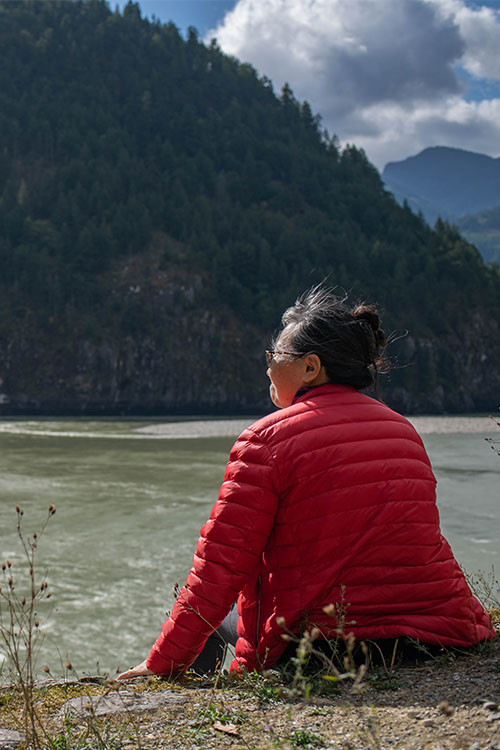Diversity & belonging in Student Wellness
From a statement to core principles
At Student Wellness, we believe that it's not enough to create a single statement expressing our commitment to equity, diversity, and inclusion (EDI). Acknowledging diversity, equity, and inclusion requires careful and continuous consideration. We recognize five core principles guiding the department's policies, procedures, programming, and events. The sustainability of EDI requires ongoing assessment to acknowledge and address the barriers, prejudices, and biases that hinder our ability to commit to these core principles.
As we establish a healthy Student Wellness culture, we will ask ourselves how we are reflecting on the importance of these guiding principles, committing to these guiding principles, and what changes are necessary to ensure these principles guide us.

